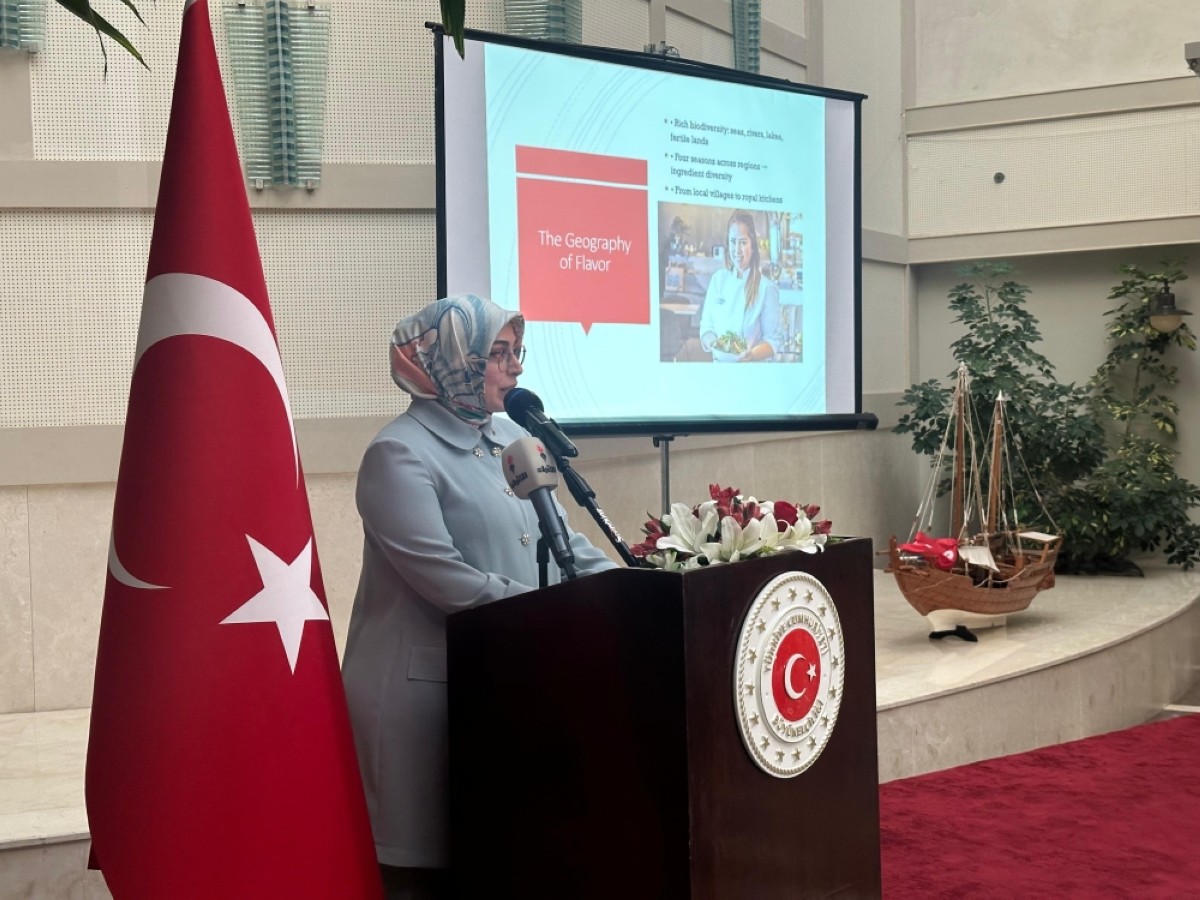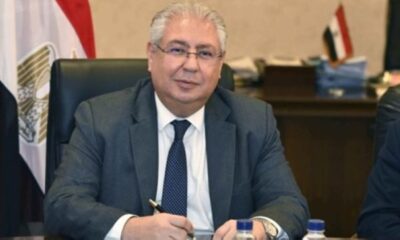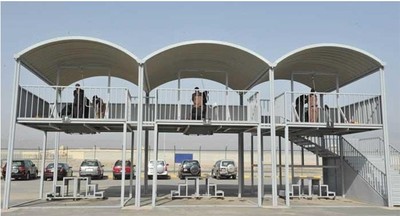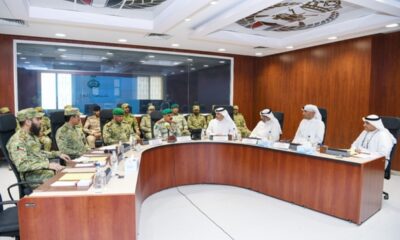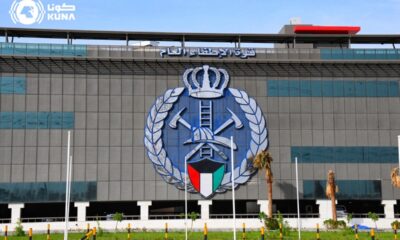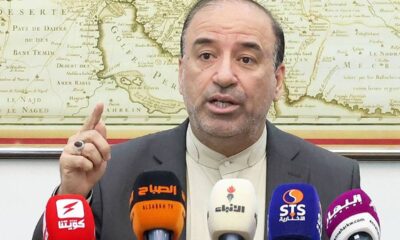KUWAIT: Ambassador Tareq Al-Bannai, Kuwait’s Permanent Representative to the United Nations and Chair of the Intergovernmental Negotiations (IGN) on Security Council reform, says reforming the UN’s most powerful body is not just inevitable—it is essential to restore trust among member states and their peoples, particularly in the Arab world. In a wide-ranging interview with UN News published on May 29, Al-Bannai acknowledged the growing sense of disillusionment among Arab populations over the Council’s failure to address regional crises, especially the ongoing situation in Gaza. “Honestly, that feeling is understandable—especially from an Arab perspective,” he said. “We see our issues discussed but without solutions. We see resolutions passed, but not implemented—especially in our region. So, of course, there’s frustration and despair.”
‘1945 is not 2025’
Al-Bannai has chaired the IGN process for nearly three years, a role assigned to him by the President of the General Assembly. His term is set to conclude in September. As chair, he has worked to mediate longstanding divisions between member states over how to expand the council and reform its structure and working methods. Although the negotiations have yet to produce consensus, Al-Bannai remains optimistic. “I assure you, and I can confidently say: everyone sees the importance of reforming our council,” he said.
One of the core challenges, he explained, is that the current council reflects a post-World War II power structure that no longer matches today’s geopolitical realities. “1945 is not 2025,” Al-Bannai said. “We took a snapshot of the world in 1945 and expected that this image would remain prevailing and permanent until today. But everyone knows that politics is ever-changing, and so are international relations.”
Arab voices left behind
For many in the Arab world, the UN Security Council’s perceived inaction on Palestine—and its inability to reach consensus due to the veto power held by the five permanent members—has called into question the credibility of the entire United Nations system. “When we see the council failing to fulfill its tasks and responsibilities, as we’ve seen repeatedly in recent years—especially regarding Gaza—we see the image of the United Nations shaken in the eyes of these peoples. The UN’s credibility vanishes,” he said. Al-Bannai argued that the frustration is not just political—it strikes at the heart of the UN’s legitimacy. “The United Nations is the shared home of the world’s peoples. And if this house is flawed, we won’t achieve the desired results,” he said.
Despite the political deadlock, he remains committed to steering the IGN process forward. He said there is broad agreement that the council must become more representative of today’s world—particularly of regions like Africa, Asia, and the Arab world, which remain underrepresented despite shouldering the majority of issues on the council’s agenda. “If we agree that there will be an expansion in the permanent membership with full rights—including the veto—then there must be an Arab country represented,” he stated. “Arab states are divided between Asia and Africa. Especially since the Security Council’s agenda is packed with Arab and African issues. Together, they represent about 70 percent of the council’s agenda.”
What’s stalling progress?
Expanding the Security Council has raised deeper questions about who qualifies for a permanent seat. Currently, the council consists of five permanent members—China, France, Russia, the United Kingdom, and the United States—and ten non-permanent members elected for two-year terms by the General Assembly. But if new permanent seats are added, Ambassador Al-Bannai said the selection criteria would become another obstacle. “the (UN) Charter currently sets criteria for elected members only—it does not set any standards for permanent members,” he said. “This raises the question: If we expand the permanent category, what should the criteria be? Population size? Nuclear capability? Economic status? Military strength?”
Beyond conventional measures like population, military power, or economic strength, Ambassador Al-Bannai emphasized that a broader set of values should guide any future expansion of the Security Council. “We must also consider other criteria,” he said, “such as a country’s commitment to the UN Charter, its humanitarian contributions around the world, and its participation in international agreements—whether in human rights, disarmament, or other critical areas.” The debate goes hand-in-hand with ongoing negotiations about how many new seats the council should accommodate. “Yes, there are countries calling for expansion in both categories,” he confirmed, referring to permanent and elected members. While most countries agree on increasing the total number of seats to between 21 and 27, there are strong and competing demands: African countries want two permanent seats, Arab states are asking for one, as are small island developing states and the Islamic group. “We haven’t yet found the best path forward,” he said. He stressed that any expansion must also preserve the council’s effectiveness and cost-efficiency.
Despite the repeated disappointments, Al-Bannai stressed the importance of holding on to the UN Charter and international legal frameworks. “We must have hope,” he said. “International law and the UN Charter are our safety valve. We—Arab countries and other developing nations—are mostly peaceful. Most of us are small states. Most of our populations are young. The future is ours.” He added: “The best way to avoid descending into a world ruled by the law of the jungle is to uphold faith in international law, humanitarian law, and the UN Charter.”




